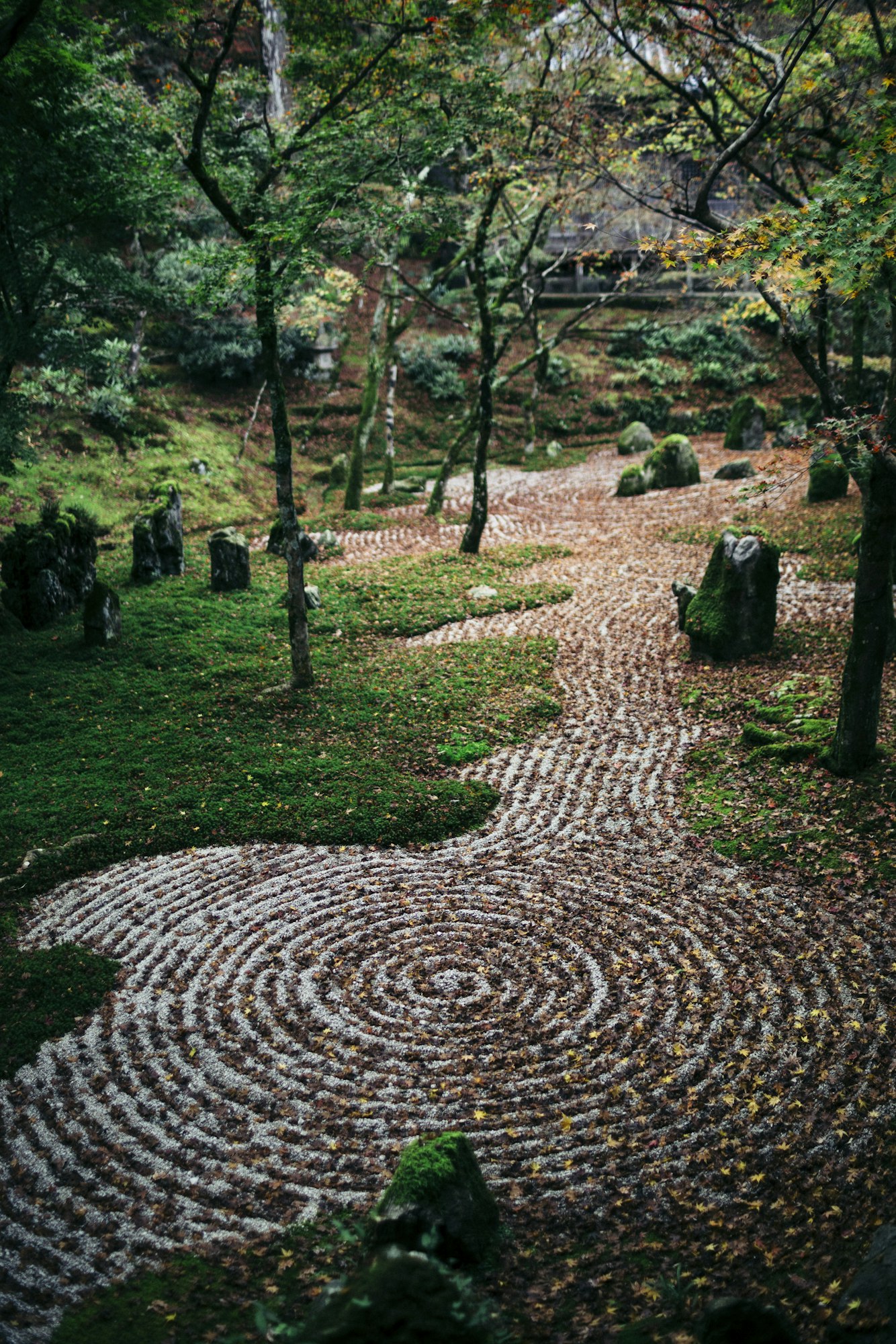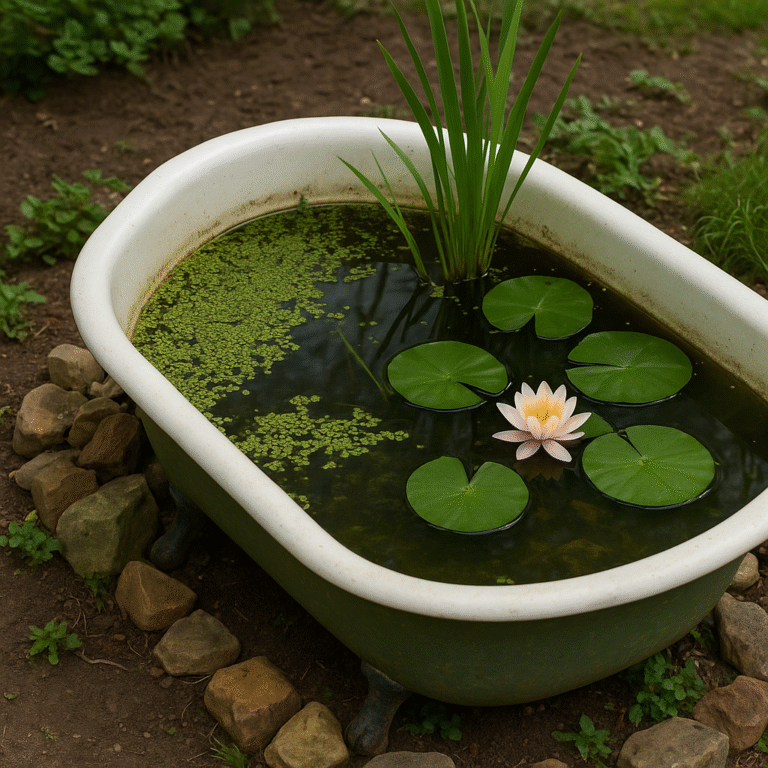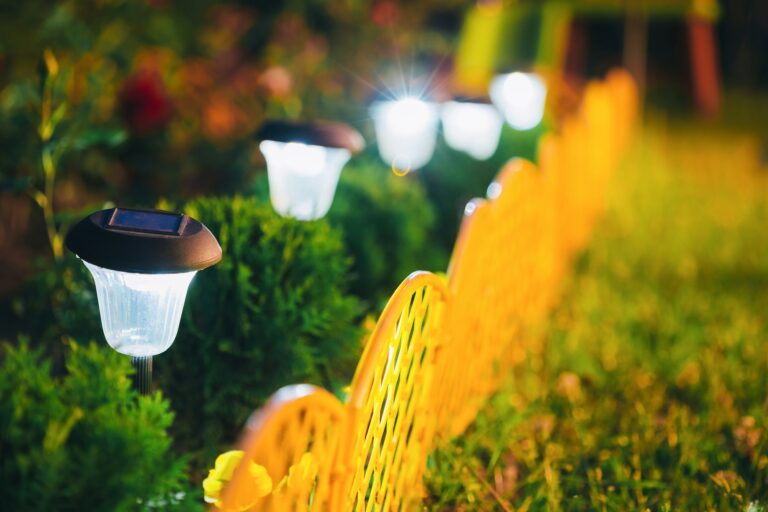Best Plants for a Zen Garden: Creating a Peaceful Sanctuary
A Zen garden is designed to promote calm, meditation, and reflection through minimalist design and carefully selected elements. While the traditional Zen garden includes rocks, sand, and gravel, plants also play an essential role in cultivating a serene atmosphere. The right plants can evoke a sense of balance, tranquility, and timeless beauty. In this blog post, we’ll explore the best plants to include in your Zen garden for a peaceful, nature-inspired space.
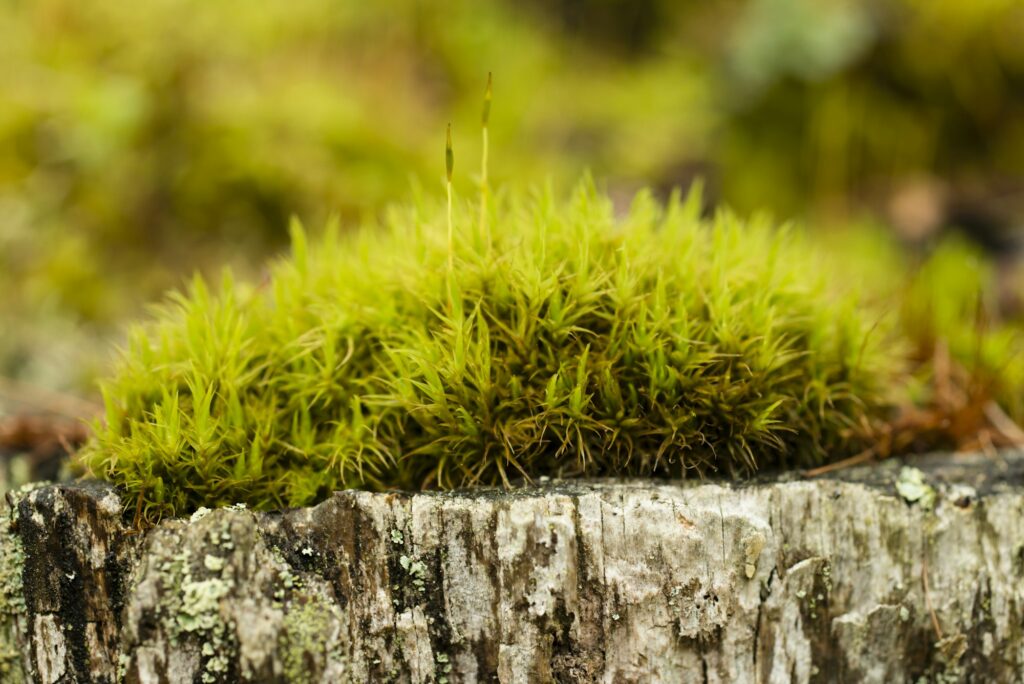
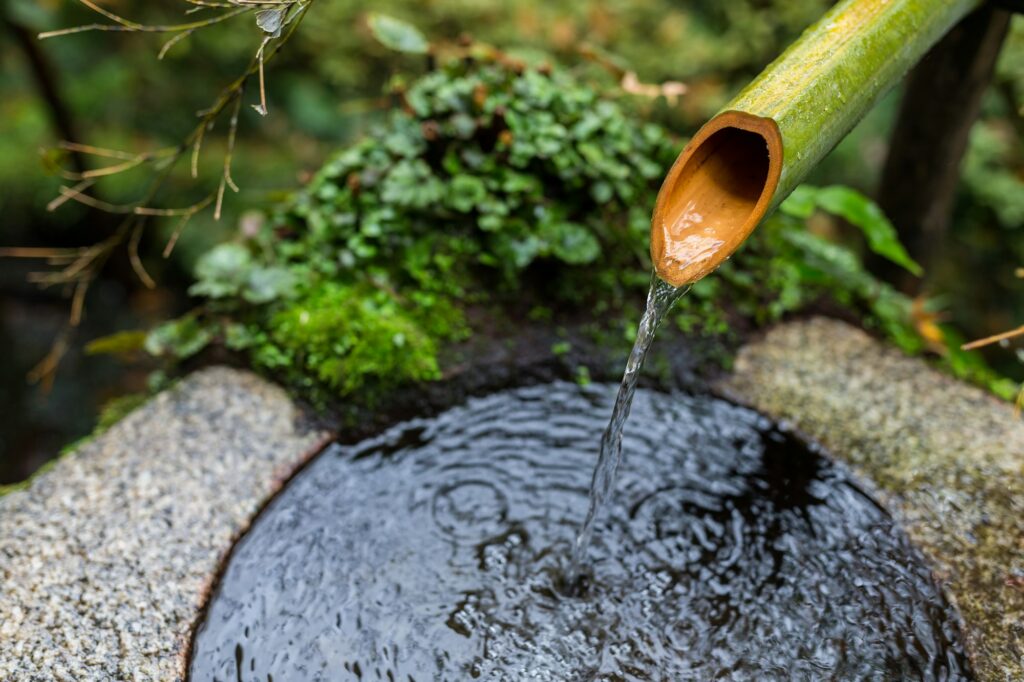


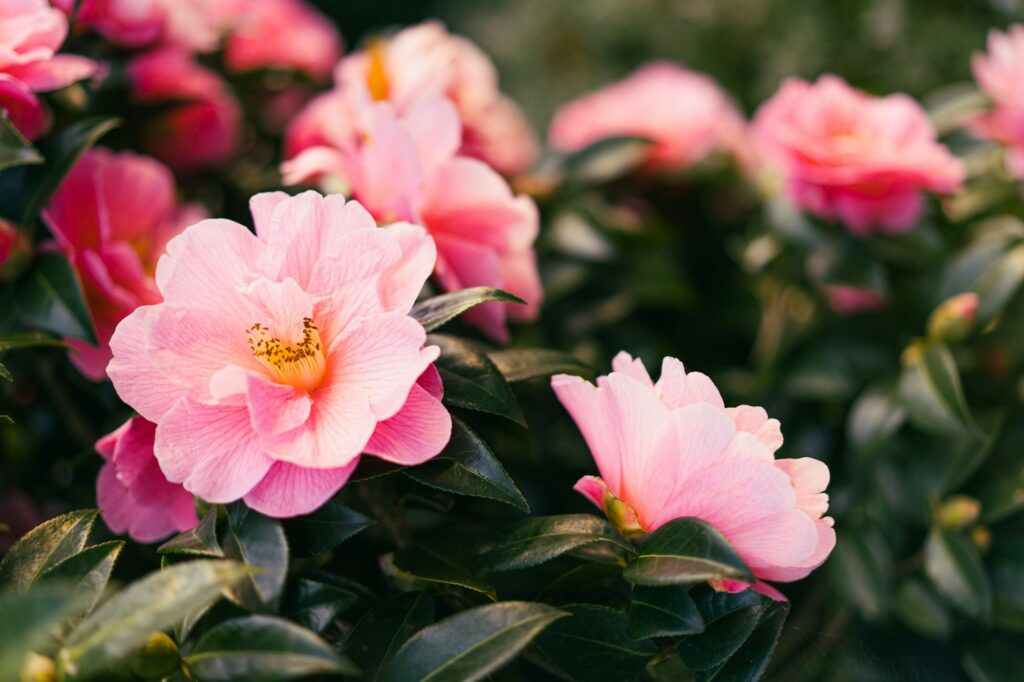
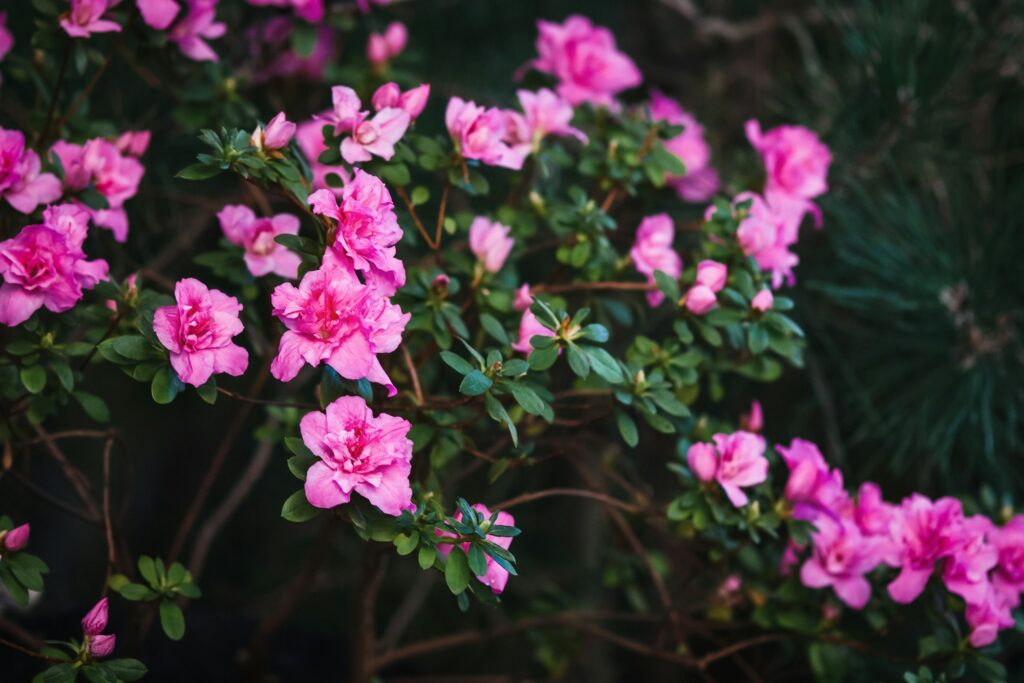
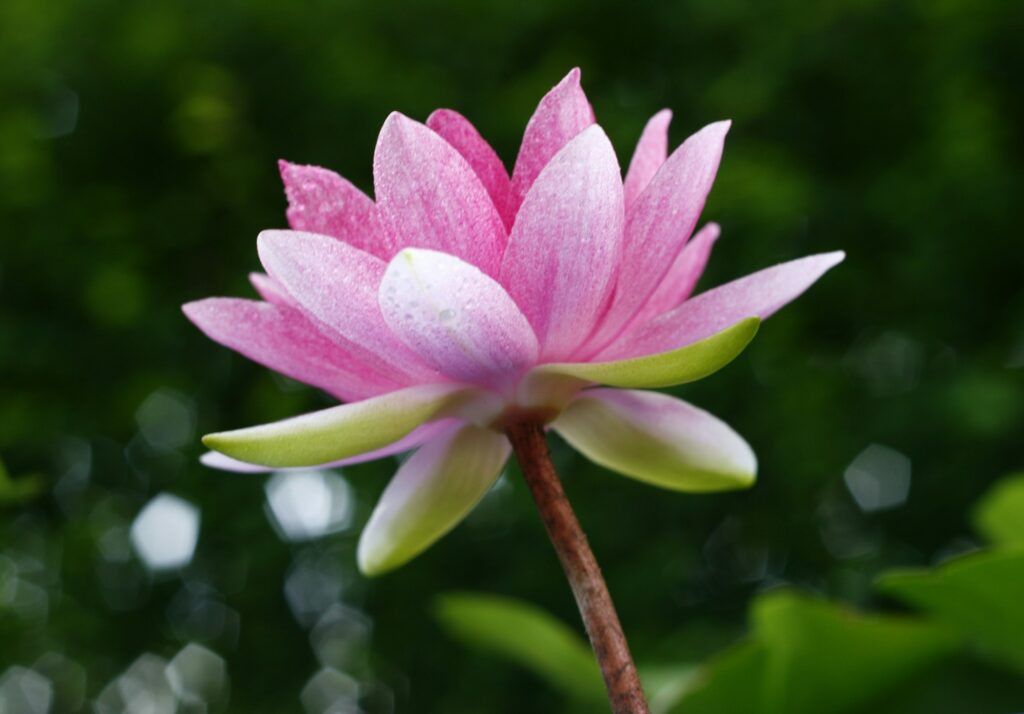
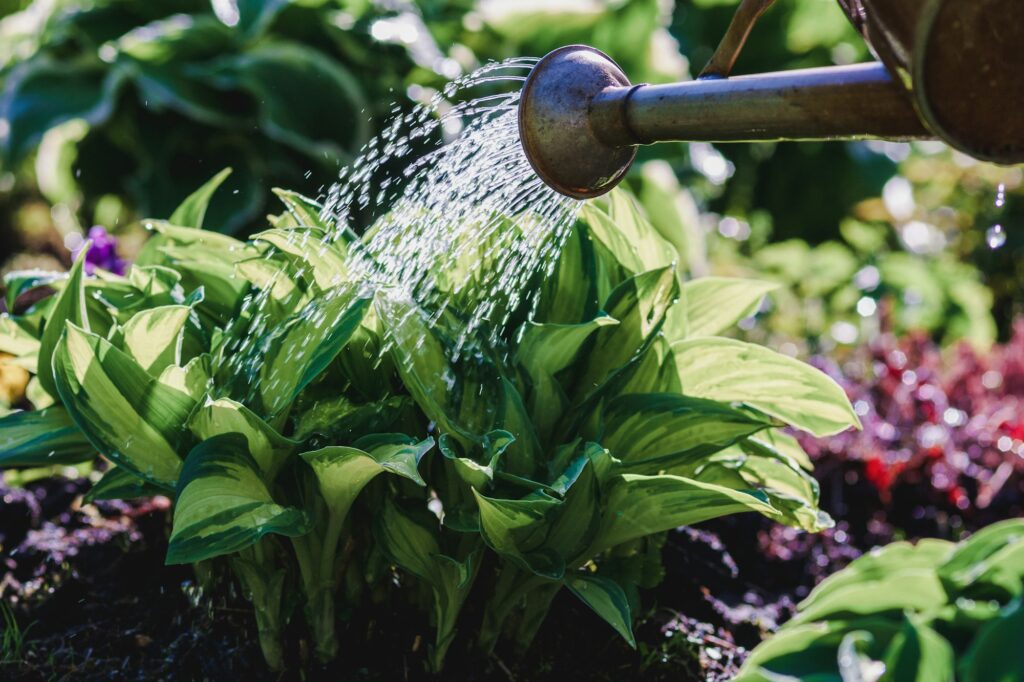
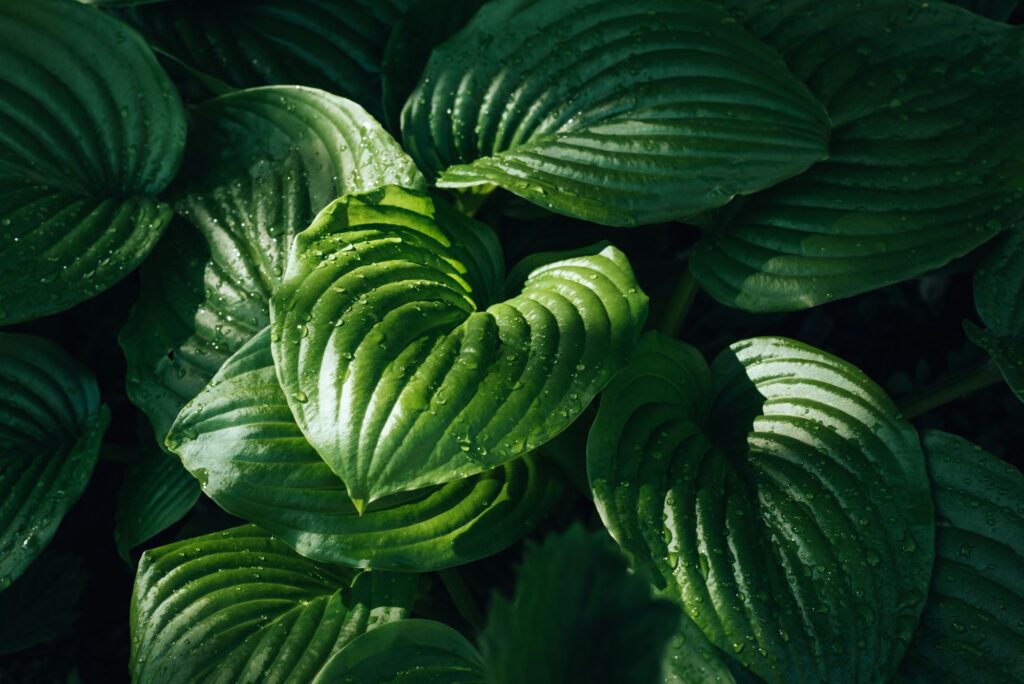
1. Japanese Maple (Acer palmatum)
The Japanese maple is one of the most iconic plants in a Zen garden. Its delicate, lacy leaves change color throughout the seasons, creating a sense of natural progression and beauty. These trees are perfect for adding visual interest without overwhelming the minimalist aesthetic of a Zen space.
- Why it works: Its soft, flowing branches and vibrant seasonal changes create a calming visual impact, contributing to the peaceful nature of a Zen garden.
2. Bamboo (Bambusoideae)
Bamboo symbolizes strength, flexibility, and resilience. It is an excellent choice for a Zen garden due to its upright, clean structure and soothing sound when the wind passes through the stems. Bamboo can act as a natural privacy screen, promoting a sense of seclusion and peace.
- Why it works: Bamboo adds vertical lines and movement, as well as a gentle rustling sound, enhancing the sensory experience of your Zen space.
3. Moss (Bryophyta)
Moss is an essential element in traditional Zen gardens. It softens the landscape, filling in the gaps between stones, pathways, and trees with a lush, green blanket. Moss thrives in shade and damp environments, making it ideal for creating a peaceful, serene ambiance.
- Why it works: Moss adds a calming texture, symbolizing endurance and timelessness, while blending perfectly with other Zen garden elements like stone and water.
4. Hosta (Hosta spp.)
Hostas are shade-loving perennials that come in various sizes and shades of green, blue, and variegated leaves. Their large, smooth leaves provide texture and visual interest, helping to ground the garden’s design. Hostas are low-maintenance and blend well with traditional Zen garden elements.
- Why it works: The broad, rounded leaves of hostas create a sense of calm and balance, making them a perfect fit for a Zen garden.
5. Lotus (Nelumbo nucifera)
The lotus flower holds deep symbolic meaning in Zen Buddhism, representing purity, enlightenment, and spiritual growth. Lotus plants thrive in water, making them ideal for inclusion in a Zen garden pond. Their large, delicate flowers and lily pad leaves offer a focal point of beauty and reflection.
- Why it works: Lotus flowers elevate the spiritual and meditative qualities of the garden, adding a soft, graceful presence that invites reflection.
6. Japanese Forest Grass (Hakonechloa macra)
Japanese forest grass, also known as Hakone grass, is a low-growing ornamental grass that adds a cascading, flowing texture to the garden. Its arching, golden-green leaves mimic the natural movement of water, bringing a sense of fluidity and tranquility.
- Why it works: The graceful movement of this grass adds to the dynamic feel of a Zen garden, symbolizing the flow of life and energy.
7. Azalea (Rhododendron spp.)
Azaleas are traditionally used in Japanese gardens due to their colorful, showy blooms and compact, shrub-like appearance. In spring, azaleas provide a burst of color that contrasts beautifully with the minimalist design of a Zen garden, while remaining unobtrusive.
- Why it works: Their vibrant blooms create a harmonious contrast with the neutral tones of rocks and gravel, making them a popular choice for Zen garden borders or focal points.
8. Fern (Polypodiopsida)
Ferns are perfect for shady areas in your Zen garden. Their feathery, delicate fronds evoke a sense of timelessness and resilience. Ferns are low-maintenance, thrive in shade, and help add texture and layering to the garden.
- Why it works: Ferns provide a soft, natural backdrop that balances well with the more structured elements of a Zen garden, such as rocks and sand.
9. Camellia (Camellia japonica)
The Camellia plant offers beautiful blooms in late winter to early spring, making it a valuable addition to Zen gardens. Known for its glossy green leaves and soft blooms in shades of pink, red, and white, the camellia brings beauty and calm to the landscape.
- Why it works: The elegant simplicity of camellia flowers mirrors the refined, understated beauty that is central to Zen design.
10. Pine (Pinus spp.)
Pine trees symbolize endurance, strength, and longevity in Japanese culture. Their evergreen nature ensures that they provide year-round structure and color to a Zen garden. Pines are often pruned to fit the minimalist aesthetic, creating a beautiful contrast with other plants and rocks.
- Why it works: Pine trees give structure and continuity to your Zen garden while emphasizing the principle of simplicity and balance.
Tips for Creating a Zen Garden with These Plants
- Keep It Simple: Zen gardens are all about minimalism and simplicity. Choose a few key plants rather than overcrowding the space.
- Focus on Balance: Combine plants with different textures, colors, and heights to create a harmonious balance.
- Incorporate Natural Elements: Pair your plants with rocks, sand, and water to reflect the natural world and encourage meditation.
Conclusion
Designing a Zen garden requires thoughtful plant selection to ensure a harmonious and peaceful space. Incorporating plants like Japanese maples, bamboo, moss, and ferns will help you create a tranquil environment that encourages reflection and calm. By choosing plants that symbolize endurance, tranquility, and natural beauty, you can create a Zen garden that nurtures both your body and soul.
For more tips on creating a peaceful garden retreat, subscribe to our blog and explore other inspiring ideas for your outdoor space!

